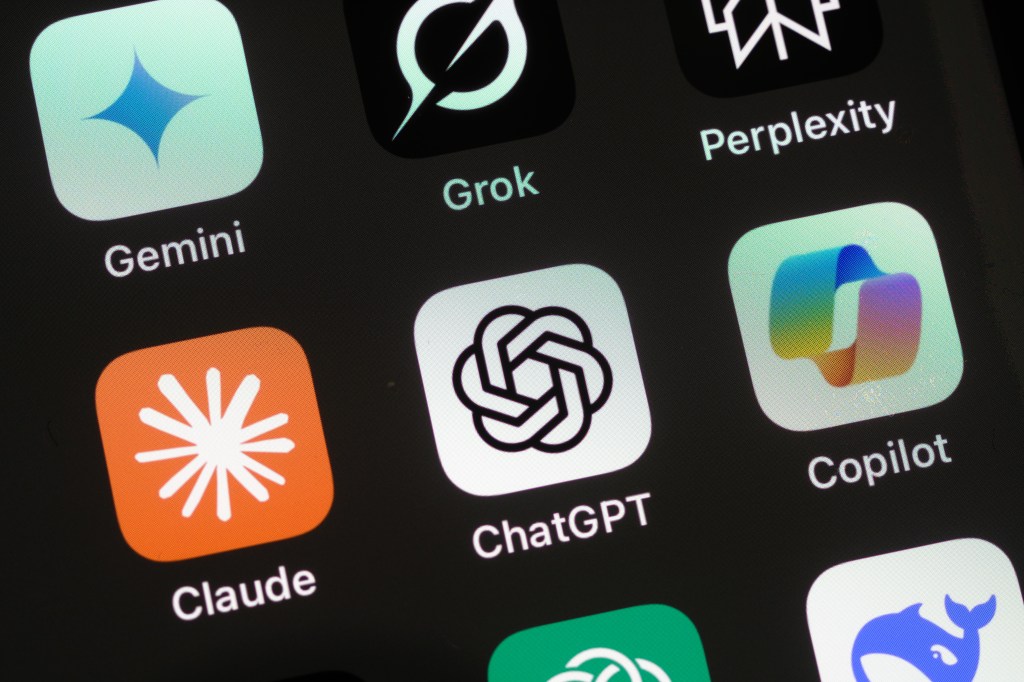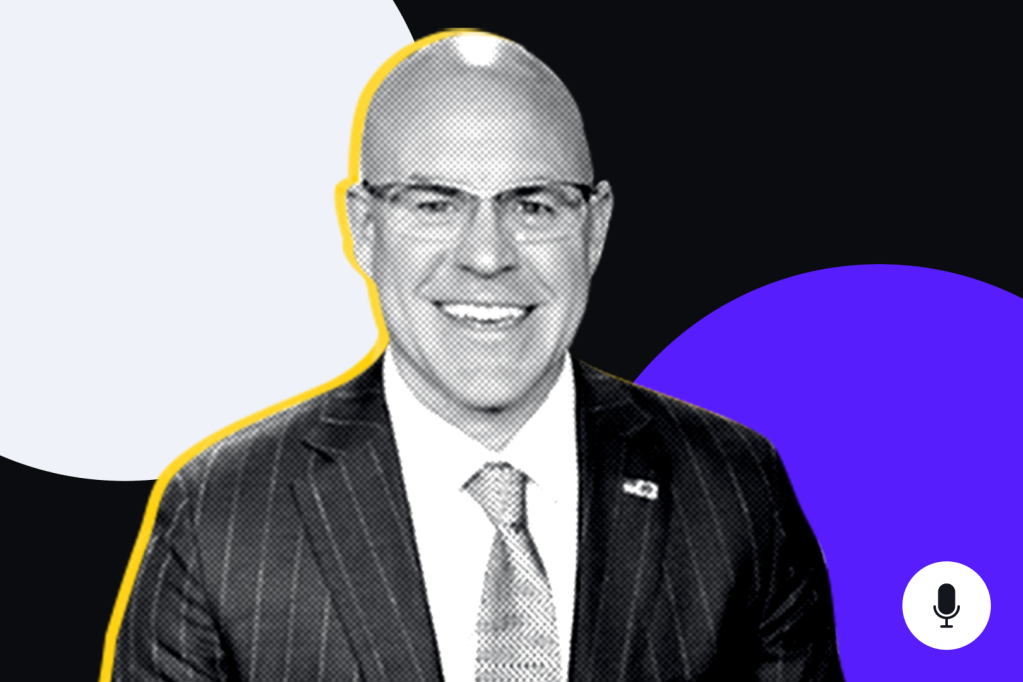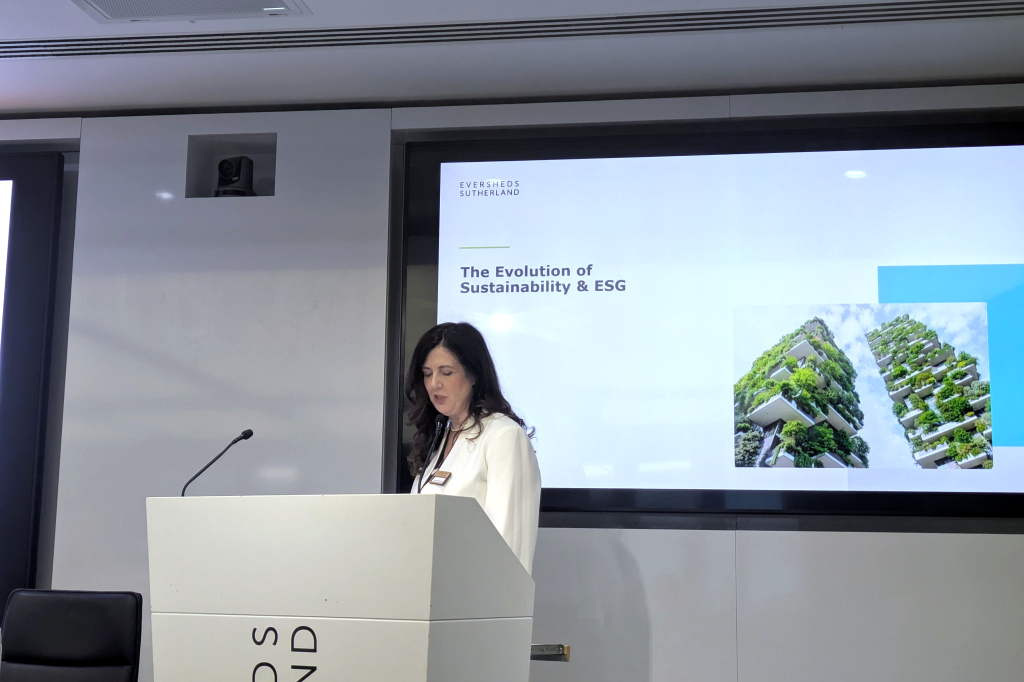This is the transcript of a podcast episode Ex-FBI special agent Oliver Halle talks about ethics & taking the harder right between GRIP’s US Content Manager Julie DiMauro and Oliver Halle, president of Oliver G. Halle & Associates in Atlanta and a former special agency in the FBI.
[INTRO]
Julie
Register for free to keep reading
To continue reading this article and unlock full access to GRIP, register now. You’ll enjoy free access to all content until our subscription service launches in early 2026.
- Unlimited access to industry insights
- Stay on top of key rules and regulatory changes with our Rules Navigator
- Ad-free experience with no distractions
- Regular podcasts from trusted external experts
- Fresh compliance and regulatory content every day













